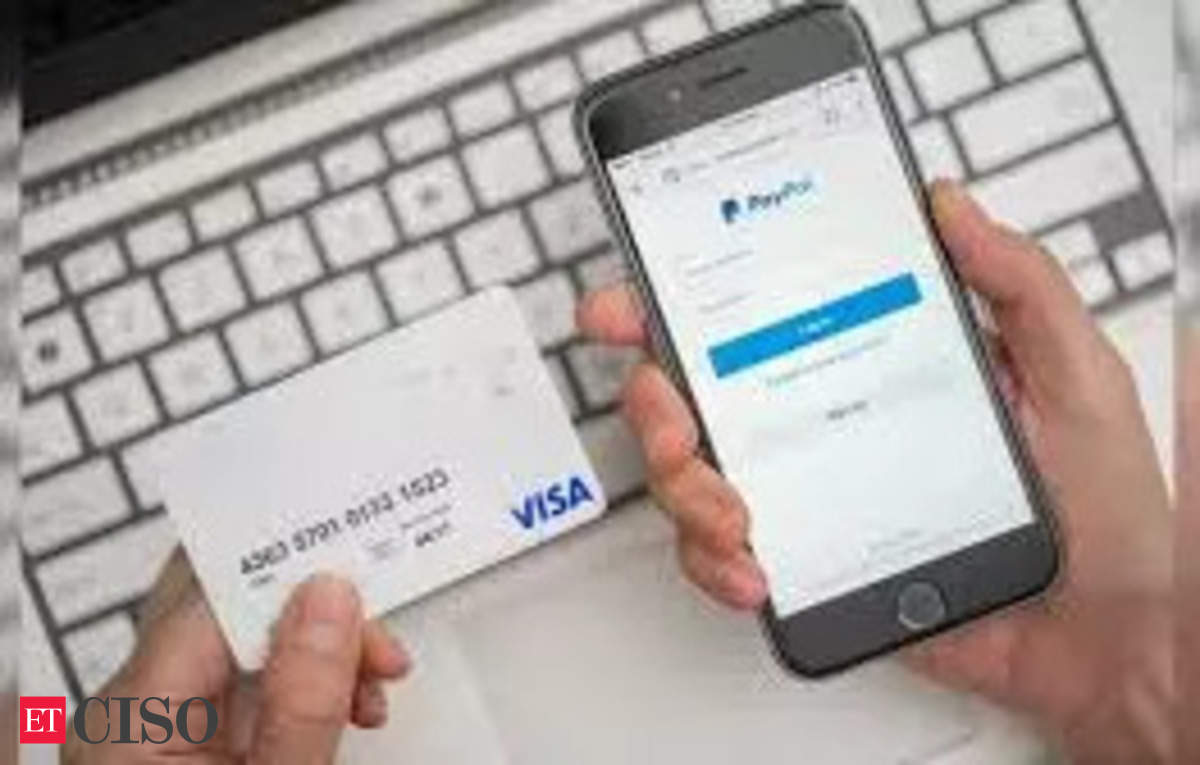Advanced Cyberattack Targets PayPal Accounts
A Sophisticated Malware Threatens PayPal Users
PayPal users are alarmed by a recent cybersecurity breach after researchers discovered a sophisticated malware that targeted the network. This new approach, known as "no-phish phishing," circumvents conventional phishing strategies, making it one of the most difficult frauds to identify to date.
Advanced Cyberattack Targets PayPal Accounts
The assault, which was initially made public on January 9, 2025, used sophisticated techniques to blend in with regular account operations. This method operates directly within PayPal’s infrastructure, in contrast to traditional phishing tactics that rely on phony emails or webpages. No typical warning indicators, such as dubious links or misleading emails, are reported by victims. Experts in cybersecurity call the technique "insidious." Hackers use PayPal’s security flaws to conceal fraudulent activity inside of authentic transactions. Many users are unaware of these breaches until they result in financial losses since detection tools are unable to identify them.
PayPal’s Swift Response to the Breach
PayPal has responded by acting right away to reduce risks. The business advised customers to generate stronger credentials and changed the passwords for the impacted accounts. Additionally, it urged users to strengthen account security by turning on two-factor authentication. A representative for PayPal attested to the fact that the problem had been located and fixed. “We are deeply committed to ensuring the safety and security of our users’ accounts,” the spokesperson said. “Our teams have worked diligently to resolve the situation and ensure no further unauthorized access occurs.”
Expert Analysis Highlights Growing Cybercrime Threat
The hack has highlighted how sophisticated crooks are becoming. The assault was deceitful, according to Suzanne Sando, Senior Fraud and Security Analyst at Javelin Strategy & Research.
“The PayPal phish-free phishing attack highlights how cybercriminals exploit consumer trust,” Sando said. “These scams mimic legitimate guidance from financial institutions, making them harder to identify. As a result, consumers unknowingly authorize fraudulent transactions.” According to experts, the hack shows how internet scammers are changing their strategies. Social engineering is being used more and more by cybercriminals to take advantage of users’ trust and get beyond common security measures.
Steps for Users to Protect Accounts
Experts in cybersecurity advise PayPal customers to implement more robust security procedures in light of the hack. These include keeping a careful eye on account activity, using two-factor authentication, and changing passwords on a regular basis. Additionally, PayPal has advised consumers who suspect any illegal access to change their passwords right away. To help consumers recognize phishing efforts and protect their accounts, the business released additional resources.
The Bigger Picture of Cybersecurity
The event emphasizes how important it is that digital payment providers give strong security measures top priority. Because millions of people depend on services like PayPal, hackers target them frequently.
Published On Jan 13, 2025 at 10:32 AM IST
Category Most Read Placement
Comment Section
Subscription-in-article
Top Newsletter Subscription Section
Download ETCISO App
App Download Section
Bottom Author Detail
Article Publish Date
Category Most Read Placement
Comment Section
Subscription-in-article
Top Newsletter Subscription Section
Download ETCISO App
App Download Section
Bottom Author Detail
Article Publish Date
Source Link





